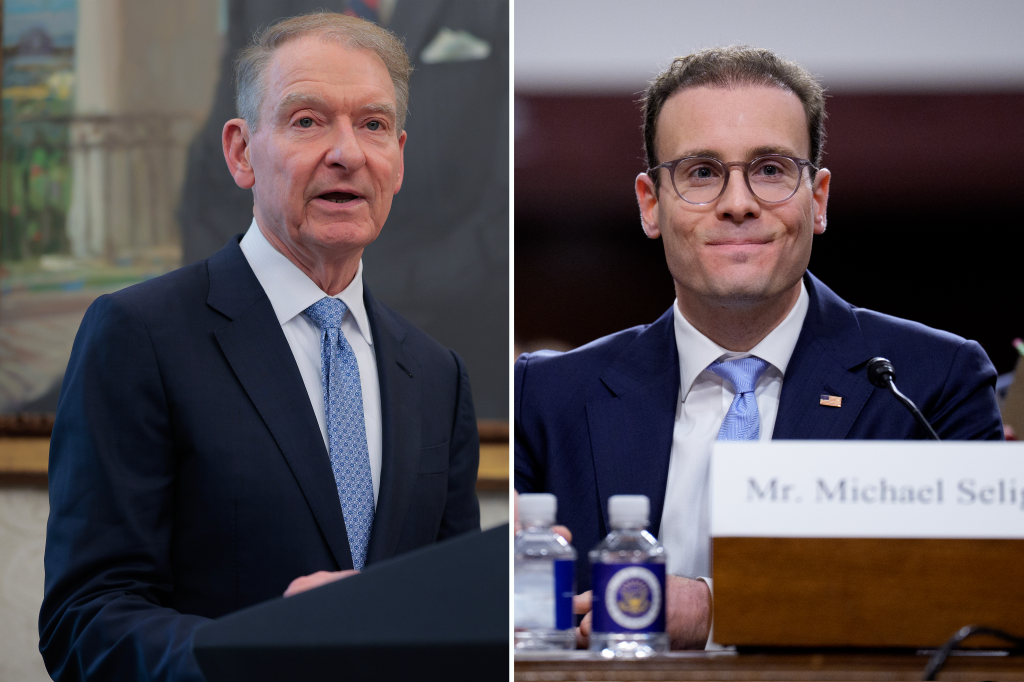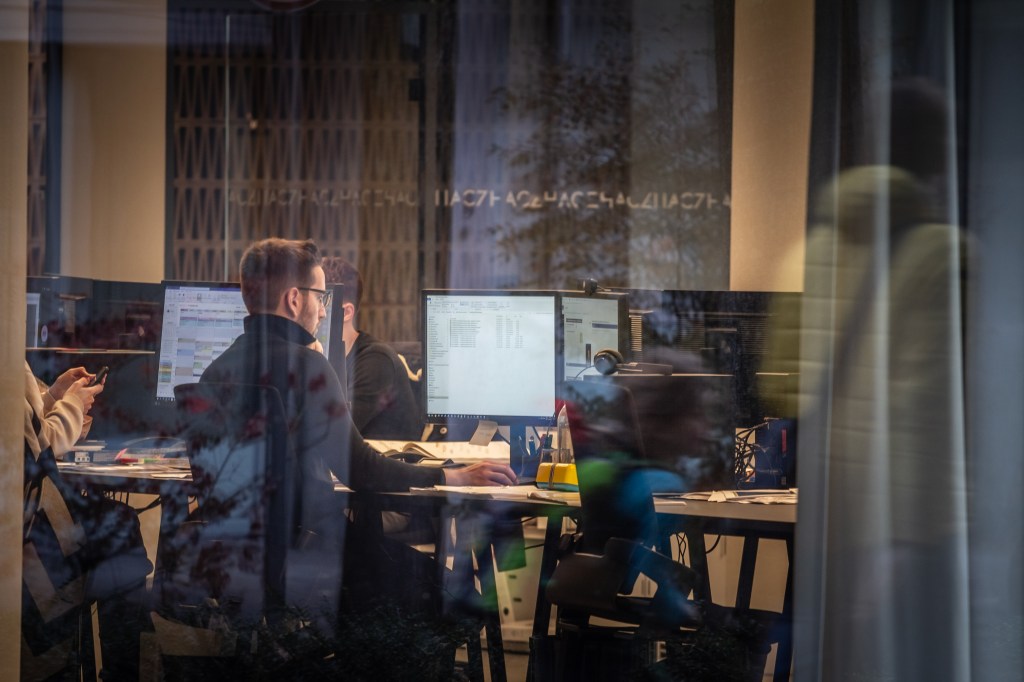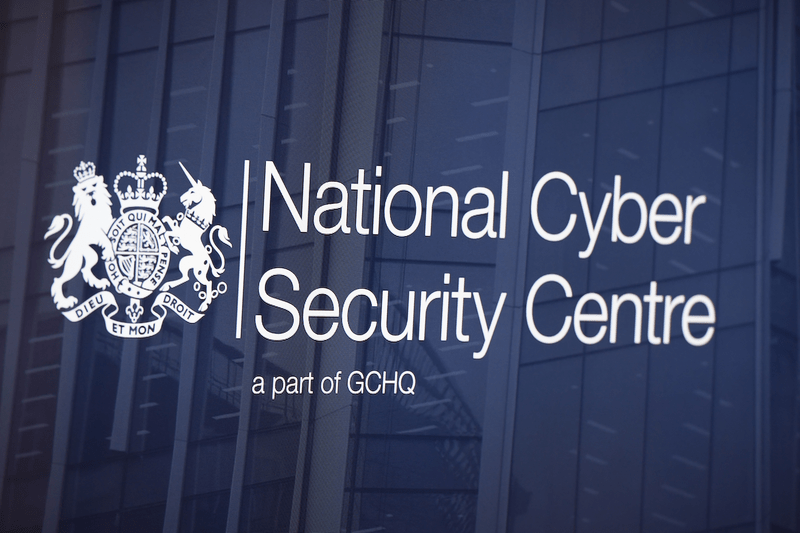The UK needs to step up its work to keep pace as critical sectors face ‘enduring and significant’ cyber security threats, partly due to a rise of state-aligned groups and an increase in aggressive cyber activity, the National Cyber Security Centre’s (NCSC) seventh Annual Review shows.
Action is required
Register for free to keep reading
To continue reading this article and unlock full access to GRIP, register now. You’ll enjoy free access to all content until our subscription service launches in early 2026.
- Unlimited access to industry insights
- Stay on top of key rules and regulatory changes with our Rules Navigator
- Ad-free experience with no distractions
- Regular podcasts from trusted external experts
- Fresh compliance and regulatory content every day













